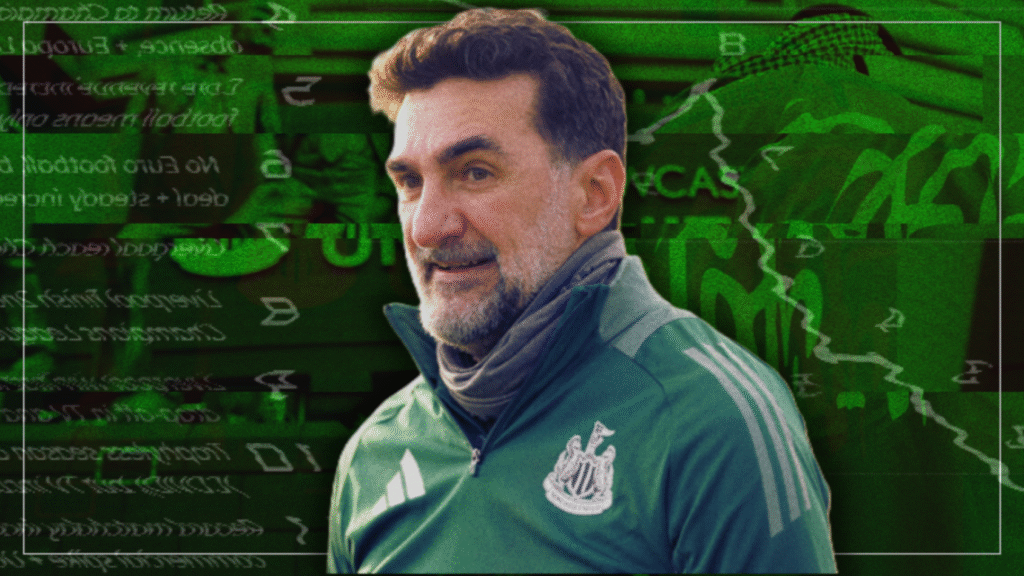Newcastle United have long been viewed as one of the richest projects in world football thanks to the backing of the Saudi Public Investment Fund.
PIF’s wealth is enormous and continues to grow at a fast pace, with their assets under management now approaching the one trillion dollar mark. In the grand scheme of their portfolio, Newcastle are a tiny fraction of their empire, even though their presence in football carries far greater symbolic influence than their balance sheet suggests.
When PIF purchased Newcastle for £305 million in 2021, the price was considered a bargain for a Premier League club with global appeal. Since then, their value has risen significantly.
When Amanda Staveley and Mehrdad Ghodoussi sold their stake in the summer of 2024, the deal implied a valuation of around £1 billion. If PIF chose to sell the club today, they would easily secure a major profit, provided a suitable buyer existed.
But Newcastle’s importance to Saudi Arabia goes far beyond simple numbers. Their involvement is tied deeply to national ambition, global reputation and the desire to transform the country’s economy through sport.
Evidence of this priority is everywhere. Crown Prince Mohammed bin Salman was personally involved in the takeover. The club has worn green away kits that directly reflect the colours of the Saudi flag.

Football is a central pillar in the nation’s large-scale plans to diversify away from oil dependence. And Newcastle United, in the eyes of many analysts, were always seen as the first major step in a much broader sporting strategy.
However, while Saudi investment in sports has been huge in many other areas such as the bid for the 2034 World Cup, the promotion of the Saudi Pro League, and countless mega-projects their spending in Newcastle has been held back by strict Profit and Sustainability Rules.
The days of unlimited financial power in football are long gone, and even the richest sovereign wealth fund cannot escape regulations designed to enforce fair competition.
Newcastle have made quick progress in PIF’s long-term vision, but they cannot reach the top of world football purely by financial scale.
Now a new development has brought fresh competition to the race to become the world’s wealthiest football club. Atletico Madrid have undergone a massive takeover of their own.
The private equity giant Apollo has acquired the club in a deal valuing them at £2.2 billion, placing Atletico above Newcastle in financial size. Apollo themselves manage around £688 billion in assets, which is not far off PIF’s £701 billion. Their arrival in top-level European football marks a significant shift in the landscape.
Private equity involvement in football is not entirely new, but it is growing rapidly. Firms like Apollo are backed by wealthy individuals and institutional investors, and their model is simple: buy assets, increase their value, and later sell for a profit.
This makes their presence very different from sovereign wealth funds, whose ambitions are often political, strategic and long-term. Eleven Premier League clubs now have private equity involvement, including Newcastle through the Reuben Brothers. Across Europe, as many as 35 per cent of clubs are now powered by private capital.
Private equity is also reshaping how clubs handle money. Apollo recently provided £80 million in loans to Nottingham Forest. Other firms now even act as transfer creditors, giving clubs upfront payments for instalment-based transfers in exchange for a portion of future fees.
This financial engineering is becoming a standard part of modern football business, and it gives private equity firms huge influence over clubs’ operations.
This is a key contrast with Newcastle’s ownership. PIF intend to invest as aggressively as PSR allows, pushing the club to the limit each financial cycle. Their mission is tied to national image, success on the global stage and the transformation of Saudi Arabia’s soft power.
Private equity groups, on the other hand, have no emotional or political interest. Their goal is purely financial, and that means they will not always spend freely or push the limits of regulation the way sovereign wealth-backed clubs might.
Newcastle may still be backed by one of the wealthiest organisations in the world, but the arrival of Apollo at Atletico Madrid shows that financial power in football is rapidly changing.
New giants are emerging, new strategies are shaping the market, and the competition to be the richest club in the world has just become even more intense.

